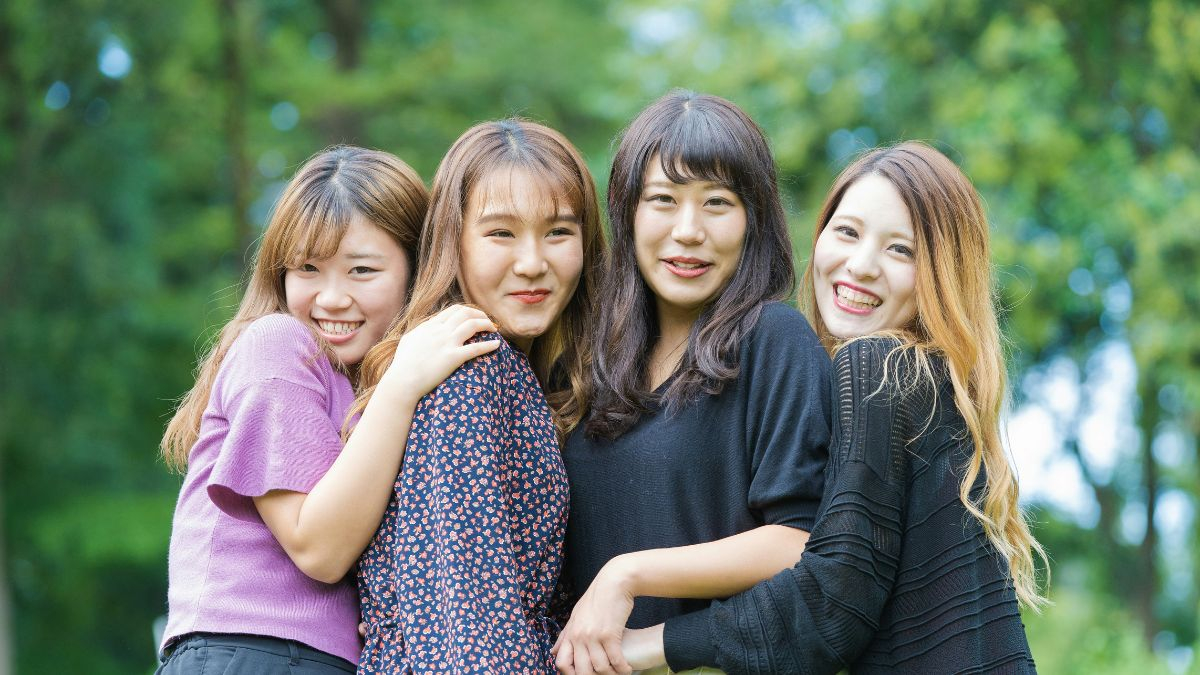What is the 4B movement?
The 4B movement is a radical feminist movement that emerged in South Korea, focusing on rejecting certain social expectations placed on women. The name “4B” stands for four Korean words beginning with “B” that represent its core principles: no dating (bi-yeon), no marriage (bi-hon), no childbirth (bi-chul), and no romantic or sexual relationships with men (bi-jeongyo). In other words, 4B encourages women to opt out of these traditional roles as a form of independence from a male-dominated society.
Initially, 4B was a smaller, fringe movement among younger women in South Korea, but it has gained attention in the United States, especially following the recent 2024 presidential election in which Donald Trump was re-elected. Many women who are concerned about women’s rights and autonomy have found 4B to be a form of protest and empowerment, sparking global interest.
Why did the 4B movement emerge in South Korea?
South Korea has seen significant social and economic shifts that have impacted women’s lives, and many feel these changes are not happening quickly enough. Issues like gender inequality, limited professional opportunities for women, and expectations around marriage and motherhood have left some women feeling they are still expected to conform to outdated roles.
In 2016, a tragic incident at Gangnam Station in Seoul – where a young woman was murdered simply for “ignoring” a man – brought national attention to women’s safety and sparked widespread protest. Combined with the influence of the #MeToo movement, these events led to growing discussions around gender issues and women’s rights in South Korea. The 4B movement became a response to these ongoing gender-based challenges and provided a new way for women to claim their agency and freedom.

Why is the 4B movement drawing interest in the U.S.?
The 4B movement gained visibility in the United States following Donald Trump’s re-election in 2024. For some women, Trump’s victory symbolized a setback for women’s rights, particularly in areas such as reproductive freedom. In response, more women have begun exploring ways to regain a sense of control over their personal lives, and 4B offers a radical way to do that.
As USC professor Sunyoung Park notes, the appeal of 4B to American women stems from “political conflict and the divide between genders.” Some women see it as a way to resist certain political decisions that impact their rights and freedoms. In the hours after the election results, social media posts breaking down 4B’s ideas quickly circulated as young women voiced concerns about the future of women’s rights in the United States.
What are the key beliefs of the 4B movement?
The 4B movement’s philosophy focuses on rejecting the traditional expectations often placed on women. The four key beliefs are:
- No dating: Women in the 4B movement choose not to date, avoiding relationships that can involve traditional gender expectations.
- No marriage: Marriage, viewed by 4B supporters as an institution that can reinforce male-dominated roles, is seen as optional, and many women choose to forego it.
- No childbirth: Rejecting the idea that a woman’s value is tied to becoming a mother, 4B supporters often opt out of having children.
- No sexual relationships with men: Some women in 4B choose celibacy as a form of independence from societal pressures around romance and sex.
These principles form a way to push back against societal pressures and advocate for women’s freedom to make personal choices without outside expectations.
Why is 4B considered controversial?
4B has elicited a lot of controversy globally, especially in South Korea due to its polarizing tendencies on feminist and gender equality issues. Supporters of it view it as an inevitable reaction to a conservatively patriarchal society, however, others have come out to say that the movement is too militant, thus scaring away potential companions.
Also, as South Korea has one of the lowest birth rates in the world, fears have been raised that the likes of 4B would further affect the demographic trends of the country. Some conservative factions claim that eradicating the desire to get married and have children goes against the family structure which leads to wholesome family values and stability.

How does 4B fit into other feminist movements?
The 4B movement is often compared to the “Escape the Corset” movement in South Korea, where young women abandoned traditional beauty standards by cutting their hair and rejecting makeup. Similar to other feminist movements, 4B is about reclaiming agency, but its specific focus on relationships and family roles makes it unique.
In the United States, 4B is seen as part of a broader shift in how women view autonomy in their lives. Feminist voices like actress Julia Fox and singer Janelle Monáe have brought up “sex strikes” or celibacy as forms of protest in response to political changes affecting women’s rights. For many young American women, 4B offers a global perspective on their own experiences, showing that the struggle for autonomy crosses cultural and national borders.
